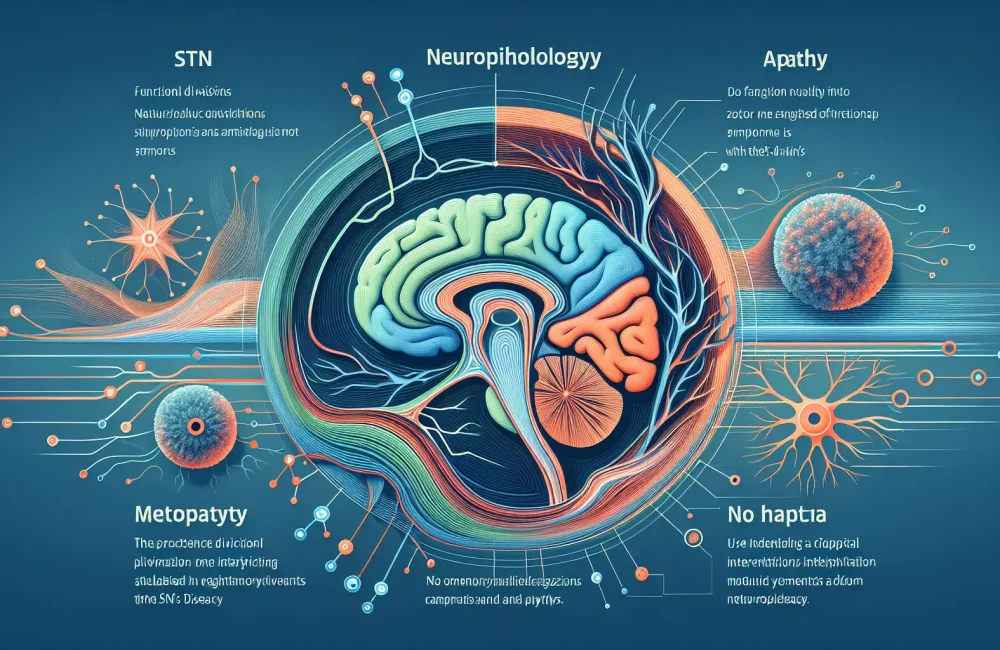By CAFMI AI From npj Parkinson’s Disease (Open Access)
Xerostomia and Oral Hygiene in Parkinson’s
Patients with Parkinson’s disease (PD) often face unique challenges related to oral health that are critical for clinicians to recognize. One major issue is xerostomia, or dry mouth, which arises from a combination of autonomic nervous system dysfunction and side effects from PD medications. This condition increases the risk of dental decay and causes oral discomfort, significantly impacting patients’ quality of life. Additionally, motor impairments in PD, such as decreased manual dexterity, make maintaining effective oral hygiene challenging. This contributes to a higher prevalence of periodontal infections and tooth loss among PD patients. Understanding these complications is vital for primary care physicians, as early recognition can prompt timely dental referrals and preventive care.
Dysphagia, Drooling, and Periodontal Disease Impact
Dysphagia, or difficulty swallowing, is another complication that affects oral health in PD. It impairs the patient’s ability to clear food debris and saliva from the mouth, increasing the risk of infections and oral diseases. Drooling, often misunderstood as excessive saliva production, actually results from impaired swallowing reflexes. This symptom can cause social embarrassment and hygienic difficulties for patients, further diminishing their quality of life. Periodontal disease is also a concern, as chronic inflammation from gum infections can have potential bi-directional effects with PD progression. These issues highlight the need for multidisciplinary management involving neurologists, dentists, and primary care providers to tailor treatments and improve patient outcomes.
Clinical Management and Multidisciplinary Care
Effective management of oral health in PD requires a coordinated approach emphasizing regular dental assessments, customized oral hygiene protocols, and symptom-specific treatments such as saliva substitutes or medications to reduce drooling. Primary care clinicians can play a key role by routinely assessing oral health status during patient visits and educating patients and caregivers about its importance. Collaborative care pathways between dental and neurological specialists are essential to anticipate and address oral complications proactively. Ultimately, improving oral health in individuals with Parkinson’s disease supports overall health and enhances quality of life, making it an important focus in comprehensive PD care.
Read The Original Publication Here






